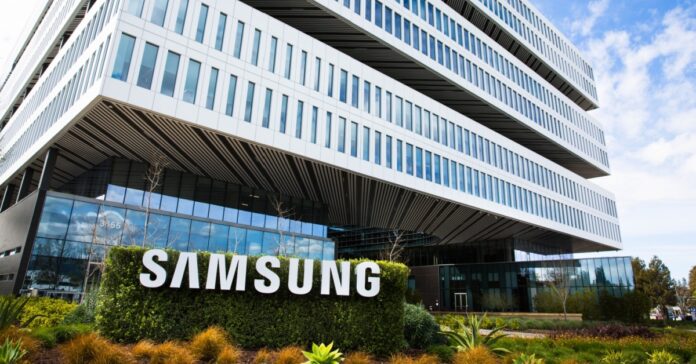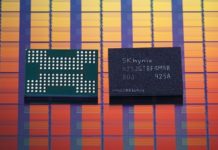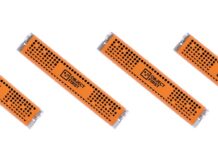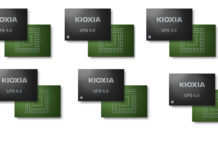Samsung has published a blog discussing customers renting its petabyte-scale SSD (PBSSD) architecture products through a MinIO partnership.
It’s not that Samsung actually has a petabyte-capacity SSD – more that it wants to overcome customer resistance to capex purchases of large amounts of SSD capacity by changing to an opex subscription-style approach.
The blog notes that “applications today are demanding both high performance and capacity in excess of 10PB” due to analytics and AI/ML training workloads. Analytics workloads, it claims, can need from 1PB to 1EB of flash storage.
Samsung discusses a PBSSD server design – based on gen 4 AMD EPYC CPUs with 32-84 cores, a single socket, and 128 PCIe 5 lanes. It can support 16x E3.s 15.36 TB NVMe SSDs in a 1 RU chassis – 244TB in total. What’s more: “An upcoming system design will support 1PB in a 2 RU chassis.”
The system provides 232GB/sec sequential read bandwidth and 98GB/sec sequential write bandwidth, 9.5 million random read IOPS, and 5.1 million random write IOPS. Samsung proposes to offer this on a subscription basis: “Customers place an order for the desired storage capacity in increments of 244TB (one PBSSD unit) and subscription duration (1, 3, or 5 years) at a fixed monthly fee. No hidden or usage-based costs.”
Samsung notes that the MinIO partnership means MinIO object storage software holds the data on the SSDs. “MinIO uses familiar HTTP GET and PUT calls to initiate object transfer and management sequence. This cloud native approach is far more efficient than using half-century old file-oriented commands like copy, move, and delete. Moreover, MinIO bakes content, metadata, version, and security into the recipe for handling objects, simplifying the task of maintaining data integrity and recoverability across servers anywhere.”
According to the blog, MinIO and Samsung are creating “a seamless storage fabric for the most demanding workloads. Sixteen directly connected PCIe 5 lanes, compute power up to 84 cores, and sophisticated power reduction techniques result in breathtaking performance with sustainability. MinIO operations, such as maintaining data integrity and rebuilding after a data loss event, take place with virtually no performance impact on active requests.”
However, Samsung is not locked into MinIO. “When ordering products, customers can take advantage of Samsung partnerships with software-defined storage providers to deliver pre-certified object and file solutions like MinIO, Weka, and vSAN. Customers are also free to engage separately with the SDS software provider of their choosing, or even to use open source software like Ceph.”
Samsung and its PBSSD concept can be viewed at the exhibition area of Nvidia’s GTC event at booth #528.








